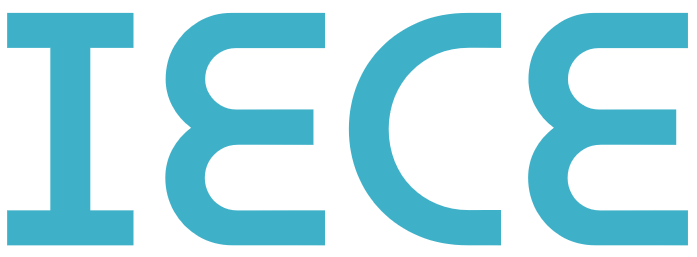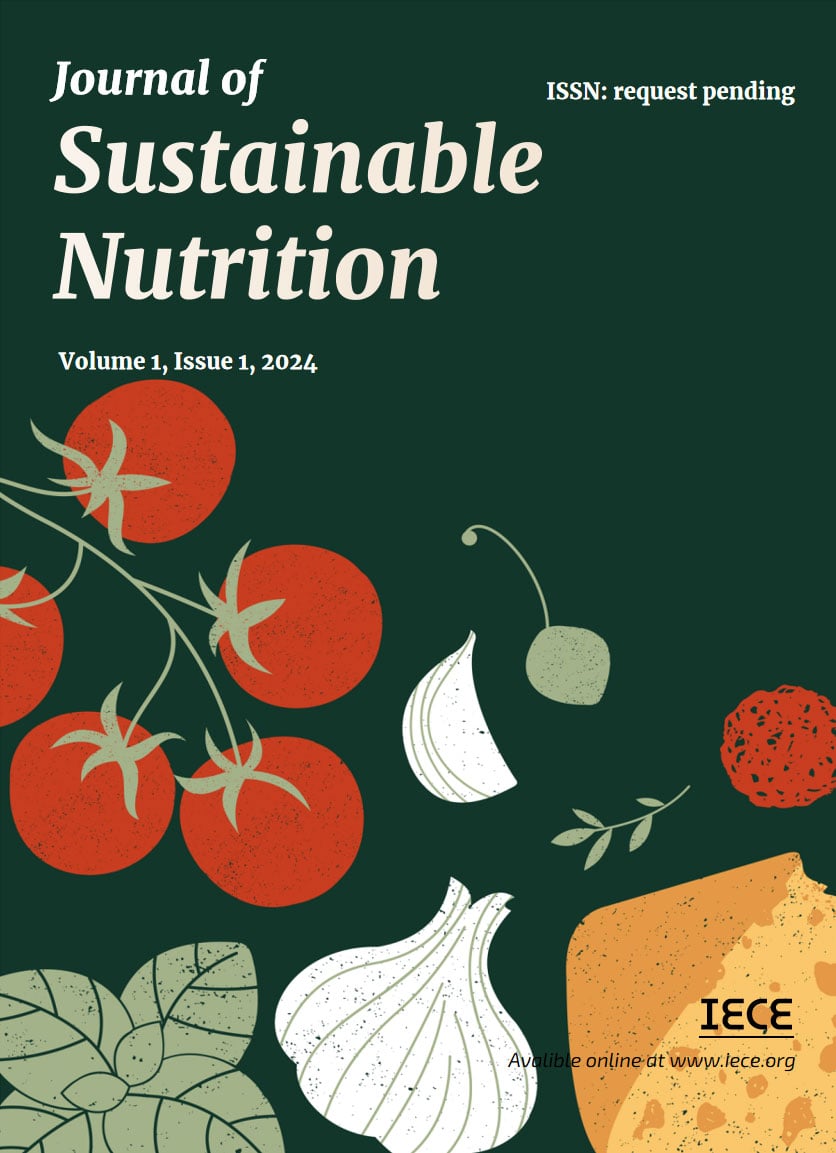Journal Information
Journal of Sustainable Nutrition
Online ISSN: request pending
Print ISSN: request pending
Publishing model: Open Access
DOI Prefix: 10.62762/JSN
Aims & Scope
The Journal of Sustainable Nutrition is dedicated to publishing high-quality, peer-reviewed research that explores the intersection of nutrition, health, and sustainability. The journal aims to foster a deeper understanding of how nutrition and dietary practices contribute to the well-being of individuals, communities, and the planet. It seeks to promote research that informs the development of sustainable, equitable, and evidence-based approaches to nutrition, while considering both the environmental and health implications of food systems.
Aims:
• To advance scientific knowledge on the role of nutrition in human health, focusing on the long-term sustainability of nutritional practices and their effects on the environment, society, and public health.
• To publish cutting-edge research that addresses global nutritional challenges, such as malnutrition, food security, and the environmental impact of dietary patterns.
• To provide a platform for the integration of nutrition science with sustainability frameworks, including the development of sustainable food systems, climate change mitigation, and health promotion.
• To contribute to the global conversation on promoting dietary patterns that support health at the individual, community, and global levels while minimizing ecological footprints.
Scope:
The Journal of Sustainable Nutrition welcomes original research, reviews, meta-analyses, and opinion pieces that cover, but are not limited to, the following areas:
Nutritional Science and Human Health:
• Role of nutrition in preventing and managing chronic diseases (e.g., obesity, diabetes, cardiovascular disease, cancer).
• The influence of diet on metabolism, immune function, and aging.
• Impact of nutrition on mental health and cognitive function.
• Innovative approaches to improving nutrition at the individual and population levels.
Sustainable Food Systems:
• Development of sustainable food production and consumption practices.
• Analysis of the environmental impact of food production, including greenhouse gas emissions, water usage, and biodiversity.
• Sustainable agriculture and farming practices, including plant-based diets, regenerative agriculture, and food waste reduction.
Global Nutrition and Food Security:
• Strategies for improving global nutrition and addressing malnutrition in resource-poor settings.
• The role of nutrition in achieving the United Nations Sustainable Development Goals (SDGs), particularly those related to hunger, health, and well-being.
• Social, economic, and policy interventions aimed at improving food security and access to nutritious foods.
Dietary Patterns and Sustainability:
• Impact of different dietary patterns (e.g., Mediterranean, vegetarian, plant-based, etc.) on human health and the environment.
• Promotion of balanced, sustainable diets that minimize ecological impact while optimizing nutrition.
• Health, ethical, and environmental considerations of emerging food sources (e.g., lab-grown meat, insect protein, plant-based alternatives).
Behavioral and Educational Aspects of Nutrition:
• Behavioral approaches to promoting sustainable eating habits.
• Nutrition education and public health campaigns focused on sustainable diets.
• Cultural, socioeconomic, and psychological factors influencing food choices and dietary behaviors.
Interdisciplinary Approaches:
• Collaboration between nutrition scientists, environmental experts, policy makers, and public health professionals to address complex challenges in nutrition and sustainability.
• Integration of nutrition science with environmental science, agriculture, and policy to drive actionable solutions.
The Journal of Sustainable Nutrition is committed to publishing research that bridges the gap between nutrition and sustainability, with a focus on advancing human health while ensuring the long-term sustainability of food systems. We welcome contributions that provide innovative, interdisciplinary solutions to the pressing challenges facing global nutrition and sustainability.
Publication Frequency
Quarterly
Ownership

The journal is owned by Institute of Emerging and Computer Engineering.
Archiving
All journals published by IECE are archived in Portico, which provides permanent digital archiving for scholarly journals.
Ethics Statement
IECE is responsible for implementing rigorous peer review and strict ethical policies and standards to ensure that high quality scientific work is added to the field of scholarly publishing. IECE takes such publishing ethics issues very seriously, and our editors are trained to enforce COPE's Core Practices and Guidelines, with a zero-tolerance policy for plagiarism, data falsification, and other behaviours. To verify the originality of content submitted to our journals, we use iThenticate to check submissions against previous publications.



